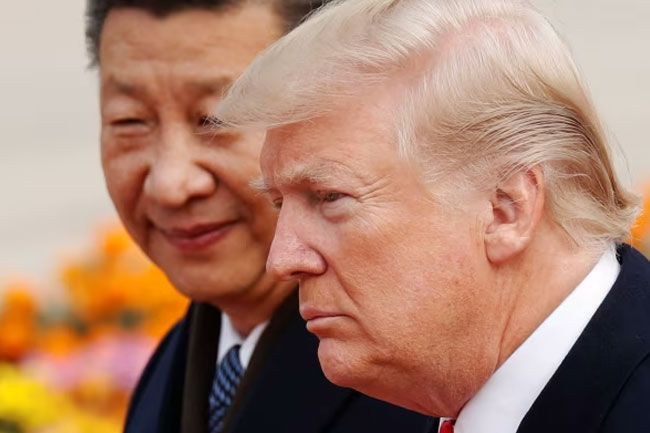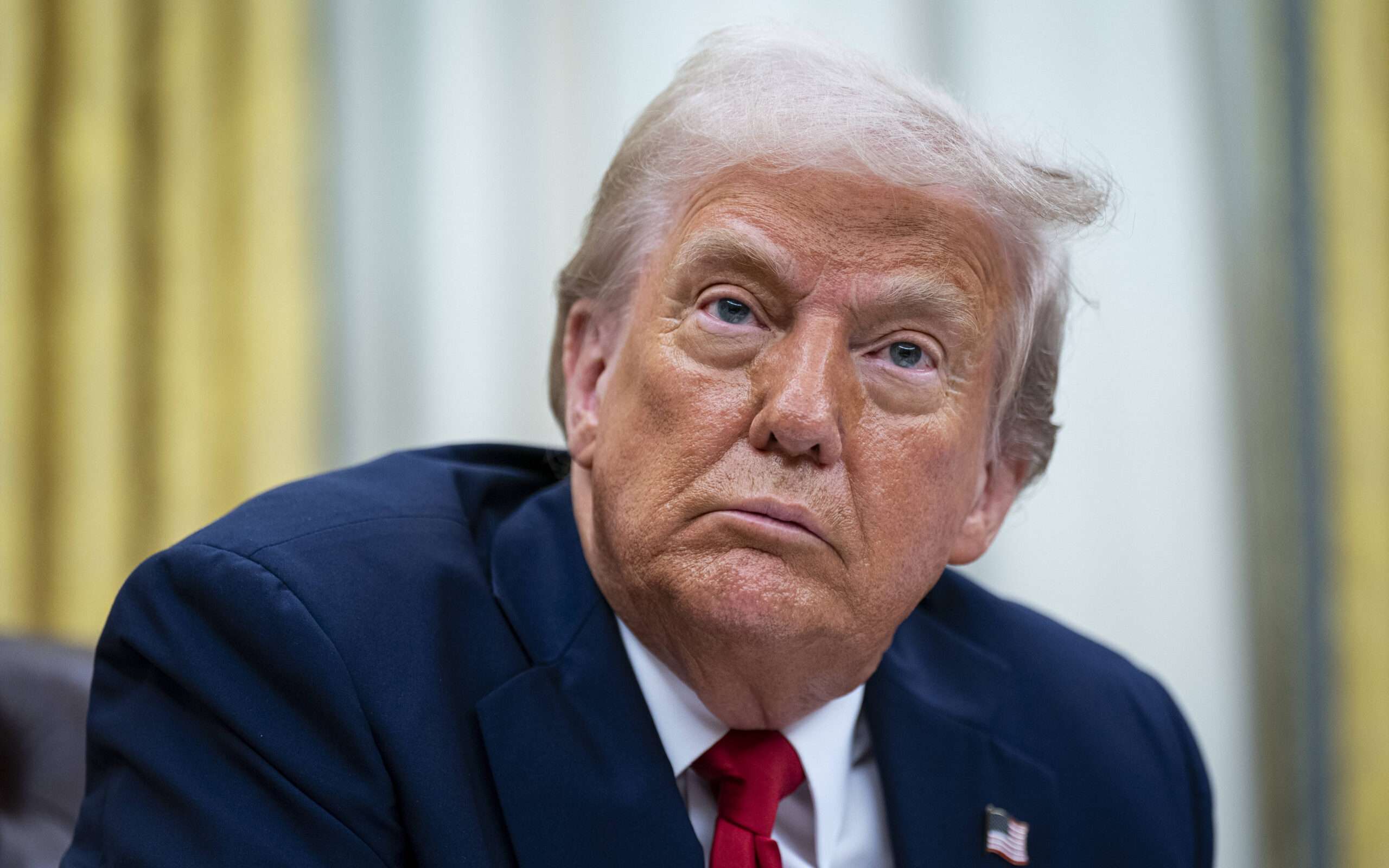Controversial U.S.-El Salvador Immigration Issues Unfold
The U.S.-El Salvador immigration context is under scrutiny as legislative actions spotlight notable figures like Senator Van Hollen and El Salvador's President Bukele in a complex legal tangle.
Published April 17, 2025 - 00:04am

Image recovered from redstate.com
Recent developments have thrown the spotlight on the interconnected issues of immigration enforcement and international diplomacy between the United States and El Salvador. Central to these unfolding events is the case of Kilmar Abrego Garcia, a Salvadoran national whose controversial deportation has sparked legal and political debates.
Abrego Garcia was deported from the United States due to an administrative error, despite previously receiving protections to remain. Senator Chris Van Hollen of Maryland took upon himself the mantle of advocating for Abrego Garcia's return, describing the deported man as his constituent — a term usually reserved for officially recognized inhabitants of a state. Van Hollen's high-profile efforts included a much-debated trip to El Salvador, where he aimed to secure Abrego Garcia's return to the U.S., asserting an administrative mistake had been made in his deportation.
In El Salvador, President Nayib Bukele has held a firm stance against returning Abrego Garcia, despite his previous supportive collaborations with the Trump administration on deportation matters. Bukele's government has been a crucial partner in the U.S.'s efforts to combat immigration-related crimes, having housed over two hundred deported migrants from the U.S. accused of being gang members.
Back in the U.S., political pressures mount as voices from various quarters, both advocating for human rights and tightening national security, discuss the international treaties and relationships in play. This saga escalated when criticism erupted from various American legislators across the spectrum, citing the deportation as a breach of Abrego Garcia's legal rights, thus prompting a closer examination of how administrative errors are addressed in immigration policy.
Separately, the issue has also stirred controversial reactions from other political factions. There has been significant criticism from right-leaning media outlets, such as RedState.com, particularly regarding Senator Van Hollen's perceived theatrics and the notion that such political grandstanding detracts from addressing home-grown issues, including crime attributed to illegal immigrants.
Meanwhile, international human rights entities and legal bodies in both the United States and El Salvador are monitoring the situation closely, reiterating the need for fair and just processes in line with international law. Furthermore, the legal entanglements grow as courts in both nations grapple with the dictates of immigration statutes and what constitutes fair treatment under existing frameworks.
The complex U.S.-El Salvador partnership has broader implications, particularly within Central America, where economic ties remain intricately linked to the migration policies advocated by the United States. President Trump's administration has, in the past, used aggressive measures, exemplified by tariffs on Salvadoran imports, as a tool in negotiating cooperation on immigration, balancing economic repercussions against the benefits of political alliances.
Ongoing discussions between the two nations not only affect the fate of individuals like Abrego Garcia but also continue to shape the geopolitical landscape. Observers note the significant role that electoral cycles and domestic politics play in how nations manage their immigration agendas.






